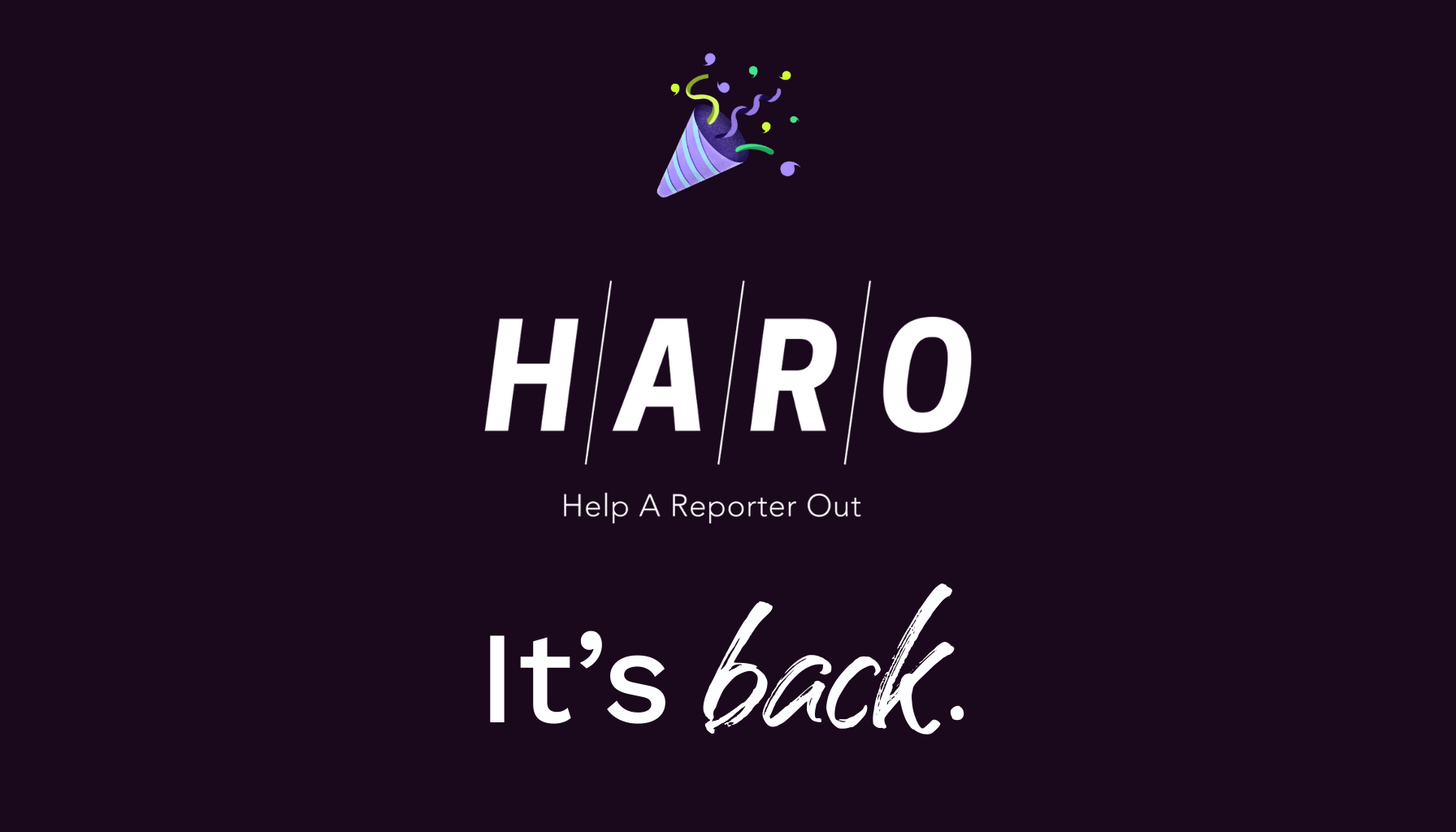The following is the second guest post in a series written by Victoria Schanen, founder of Ghrow.io, a consulting services firm specializing in fractional human resources and recruiting leadership for startups. We’ve enjoyed our conversations with Victoria and are pleased to share a series of guest posts authored by Victoria with you. Prior to launching Ghrow, Victoria served as an HR executive in three separate SaaS startup companies based in Minnesota. She speaks and presents at startup events such as MinneBar, Twin Cities Startup Week, and Enterprise Rising and performs comedy improv in her free time. To see the first post in the series, go here.
Startups are lean operations with tight budgets and, for good reason, they tend to staff up in two areas first: technology and sales. A dedicated human resources team member doesn’t make it into the picture until much later and so the function is often cobbled together and minimally viable. In this blog series, I’ll endeavor to demystify startup HR by unpacking common pitfalls and offering helpful redirects.
Moreover, because hiring a team is expensive, I hope my insights help founders protect and strengthen the people investment side of their businesses.
Early hires
Startup founders often hire past colleagues, friends, or even family members, understandably. It’s much easier to recruit someone who knows and trusts you. The founder also knows roughly what they are getting versus hiring an unknown quantity. Perhaps equity is offered in lieu of salary, or the offer package has other tradeoffs, saving a founder precious cash for other uses.
These early hires often don’t have a job description nor defined objectives. Since the employee and founder have a close relationship, responsibilities and expectations tend to be communicated and understood in the context of working closely together. This works for a while but then reaches a breaking point.
When an early hire’s performance doesn’t meet a founder’s expectations, the conversation is going to be a hard one without a job description to point to. Or worse, a founder may realize too late that the hire wasn’t actually a fit for the work that they needed them to perform.
To avoid these scenarios, I strongly recommend writing a job description, even if it’s just a list of responsibilities and objectives, before hiring anyone – even a former colleague. Job descriptions help define who it is your business needs and then sets the north star and criteria for what work needs to be completed. This will help the new hire be successful, which in turn helps the company be successful.
Leaders
Hiring functional heads for a startup – Head of Growth, Head of Engineering, etc. – is tricky. On the one hand, startups need leaders capable of strategic planning, which typically means someone who has previously held a director or vice president role. On the other hand, the leader will likely need to also perform hands-on work.
When hiring functional heads, I recommend being mindful that candidates who have a decade or more experience in a director or vice president role likely manage teams who execute all the work but they haven’t gotten their “hands dirty” in a while. That said, I wouldn’t swing the pendulum the other direction by hiring someone who has only ever been an individual contributor. A few profiles I’ve seen that translate well into startup functional heads: an experienced software engineer who just finished an MBA; an HR executive who spun up a new division from scratch; a former startup founder coming in as a head of Customer Success.
Managers
Setting up the function of people management in startups can also pose challenges. Often, the highest performing employee is offered a promotion to manager. Since promotions come with pay increases, which is hard to turn down…who doesn’t like money?…people tend to bite at the opportunity. In other words, they’re kinda forced into it. The issue is that being a strong individual contributor doesn’t necessarily translate into being a good manager of people. Further, strong performer often miss the hands-on work they need to give up to make time for management, leading to job dissatisfaction.
Here’s a manager introduction model I’ve seen work out. The functional head should talk to their employees about goals to get a sense of who is interested in a management vs. a technical specialization career path. Those interested in managing can be given “training wheels” such as managing an intern, a lower stakes / shorter term trial. If they like and are a good at it, you’ve got a manager pipelined!
People management is of course a complex topic, peppered with the sub-topics of learning and development and performance management. Please tune in for the next installment of “Startup HR Demystified” for a continued discussion touch on these areas.







